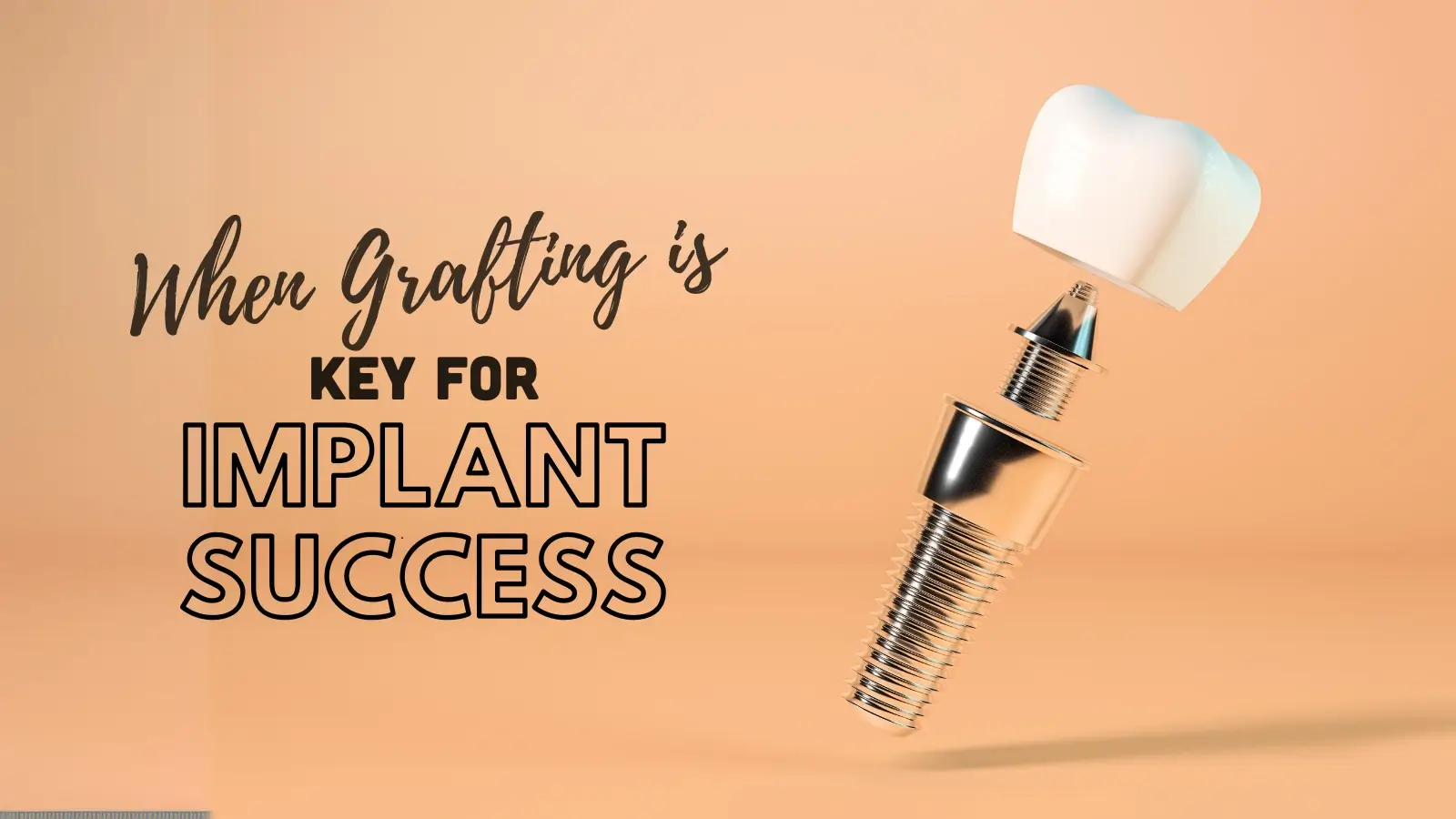Undergoing a tooth extraction can be a daunting experience, but proper postoperative care can significantly contribute to a smooth recovery. One crucial aspect of recovery is paying attention to what you eat and drink. Your diet plays a pivotal role in the healing process, influencing how quickly your body regenerates tissues and rebuilds strength. In this comprehensive guide, we’ll explore the foods and drinks you should steer clear of after a tooth extraction to ensure a trouble-free and speedy recovery. Let’s delve into the do’s and don’ts to make your post-tooth extraction journey as comfortable as possible.
The Importance of Post-Tooth Extraction Diet
Before we delve into the specifics, let’s understand why your diet matters after a tooth extraction. The extraction site is essentially an open wound, and what you consume can directly impact the healing process. Certain foods and drinks can hinder the formation of blood clots, increase the risk of infection, or irritate the sensitive area. On the flip side, a well-thought-out diet can expedite the healing process, minimize discomfort, and reduce the chances of complications. It’s not just about avoiding discomfort; it’s about optimizing your body’s ability to recover.
Foods to Avoid
Hard and Crunchy Foods
One of the primary considerations after a tooth extraction is to avoid anything that requires vigorous chewing or may pose a risk of getting stuck in the extraction site. Hard and crunchy foods, such as chips, nuts, and seeds, can be abrasive to the sensitive tissues in the oral cavity. The act of chewing these foods can exert pressure on the extraction site, potentially leading to discomfort and even dislodging the blood clot crucial for the healing process. Opting for softer alternatives during the initial days of recovery is a prudent choice to minimize stress on the healing area.
Spicy Foods
While spices add flavor to our meals, they can be problematic after a tooth extraction. Spicy foods have the potential to irritate the already sensitive tissues surrounding the extraction site. The heat from spices may cause discomfort and increase inflammation, hindering the natural healing process. It is advisable to temporarily avoid spicy dishes to ensure a smooth recovery without unnecessary irritation or pain.
Hot Beverages
The temperature of what you consume matters just as much as the type of food. Hot beverages, such as tea, coffee, and soups, should be approached with caution during the initial days post-extraction. Heat can interfere with the formation of blood clots, which are essential for the healing process. Opting for lukewarm or cool alternatives can prevent any adverse effects and promote a conducive environment for recovery.
Acidic Foods
Acidic foods, particularly citrus fruits like oranges and lemons, can be harsh on the delicate tissues in your mouth. Consuming acidic foods after tooth extraction may lead to increased sensitivity, discomfort, and potential irritation of the extraction site. To safeguard the healing process, it is recommended to steer clear of acidic foods temporarily. Instead, focus on incorporating non-acidic fruits and soft, nourishing options into your diet.
Alcohol
Alcohol, whether in the form of drinks or certain mouthwashes, should be avoided during the initial phase of recovery. It has the potential to interfere with the blood clotting process, which is crucial for stemming bleeding and initiating the healing process. Moreover, it may interact negatively with any prescribed medications, posing additional risks. Abstaining from alcohol during the recovery period is a proactive measure to promote an optimal healing environment and reduce the likelihood of complications.
Drinks to Avoid
Straws
While it might seem harmless, using straws is discouraged during the recovery period after a tooth extraction. Straws create suction, and this suction can dislodge the blood clot that forms in the extraction site. The blood clot is crucial for protecting the wound and facilitating the healing process. Dislodging can lead to a painful condition known as a dry socket, where the bone and nerves in the extraction site are exposed. To prevent this complication, it’s best to refrain from using straws until you receive the green light from your dentist.
Carbonated Drinks
Carbonated drinks, including sodas and sparkling water, can introduce unnecessary discomfort during the recovery phase. The fizziness in these beverages can be irritating to the sensitive tissues around the extraction site. Additionally, the carbonation may create a sensation that can be unpleasant, especially if the bubbles come into contact with the healing wound. Opting for still or non-carbonated beverages is a safer choice to minimize any potential discomfort and support a more peaceful recovery.
Alcoholic Beverages
Alcohol, whether consumed as a beverage or present in certain mouthwashes, should be avoided during the initial stages of recovery. It has the potential to interfere with the blood clotting process, which is crucial for preventing excessive bleeding and initiating the healing cascade. Furthermore, alcohol can interact with medications that may be prescribed post-extraction, potentially compromising their effectiveness. To ensure an uncomplicated recovery, it’s advisable to abstain from alcoholic beverages until your dentist gives the green light.
Ideal Food Choices
Soft Foods
Opting for soft foods during the initial days post-tooth extraction is a wise choice. These foods require minimal chewing and are gentle on the healing tissues. Mashed potatoes, pureed vegetables, and soft grains like oatmeal are excellent options. These choices ensure that you receive the necessary nutrients without putting unnecessary strain on the extraction site, promoting a more comfortable recovery.
Cool Soups
Lukewarm or cool soups offer a soothing and nourishing option for those in the recovery phase. Avoid hot soups, as excessive heat can interfere with the formation of blood clots and potentially cause discomfort. Opt for soups with a smooth consistency, such as pureed vegetable or chicken broth, to provide essential nutrients without irritating the extraction site.
Protein-Rich Foods
Protein is essential for tissue repair and recovery. Incorporating protein-rich foods into your diet can aid in the healing process. Eggs, fish, and well-cooked meats are excellent sources of protein. Ensure that these foods are prepared to a soft and easily chewable consistency to prevent any strain on the healing area while still providing the necessary building blocks for tissue regeneration.
Non-Acidic Fruits
While citrus fruits are best avoided due to their acidity, non-acidic fruits can be a valuable addition to your post-tooth extraction diet. Bananas, applesauce, and ripe melons are examples of fruits that provide essential vitamins and minerals without irritating the healing tissues. These fruits are soft and easy to consume, making them ideal for a recovery-focused diet.
What you eat and drink after a tooth extraction can significantly impact your recovery. By avoiding hard, spicy, and acidic foods and steering clear of certain beverages, you can create an environment conducive to healing. Opting for soft, nutritious options and staying hydrated will aid your body in the regeneration process. Remember, a little caution in your diet can go a long way in ensuring a speedy and trouble-free recovery after a tooth extraction.







